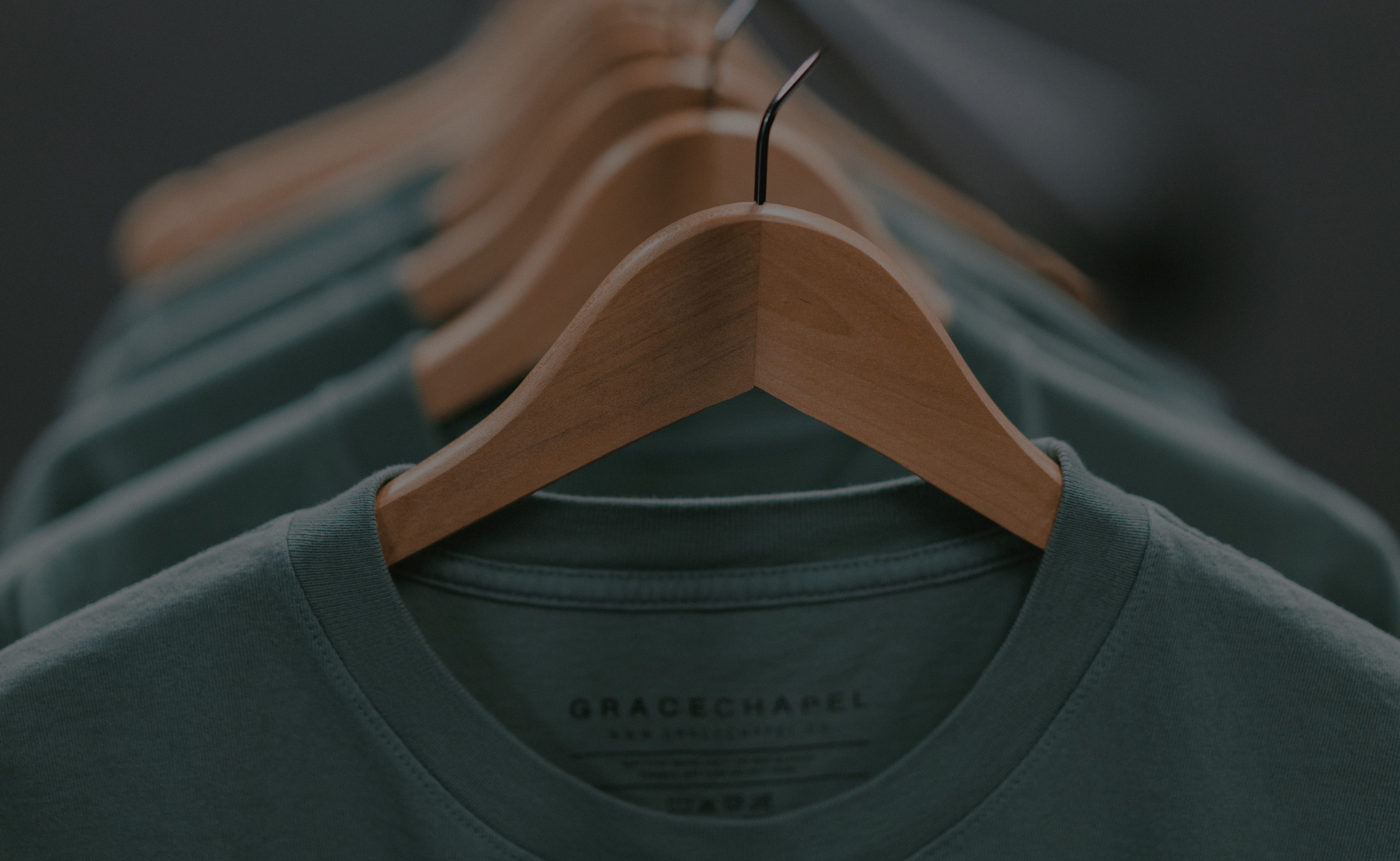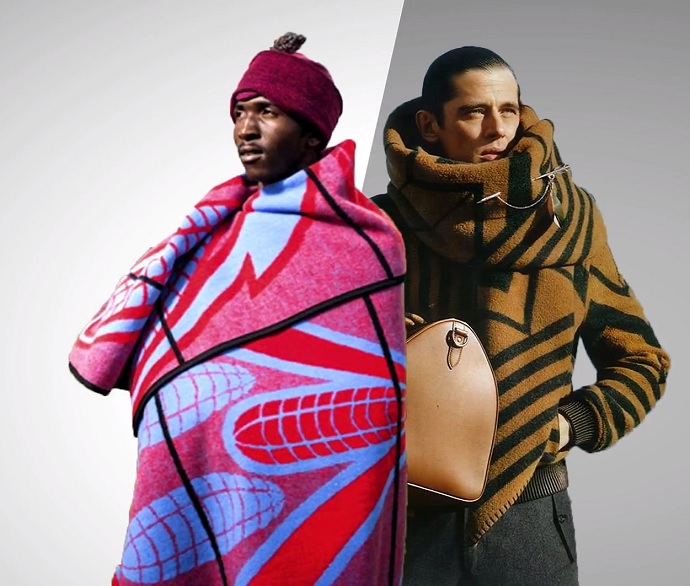Retail Companies: It’s About Time You Own Your Mistakes and Fix Them
 Fashion
Fashion

I speak to fashion brands, both starting up and established or the PR agencies working for retail industry and the first thing they mention is how hard it is to be sustainable and how the overall supply chain is built against sustainability.
Well, noone said it would be easy. And it’s time. In fact, it’s long overdue. A linear cycle of creating clothes, packaging, or products in general has to be stopped.
Each second enough clothes to fill a garbage truck are burned or delivered to the landfill. The efforts of Bangladeshi textile workers fuel expensive Western brands for the wage of 33 US cents per hour – barely enough to cover the bills. Plastic used as packaging materials for all products, is valued at $80 billion-$120 billion, and lost each year.
Clothing, packaging, human life and wealth is wasted every day.
Dear retail companies, your brand is either directly or indirectly associated with destroyed ecosystems, poverty, pain and blood.
Wake Up – You Are Creating The Monsters Of Tomorrow
The most appalling part is the industry as a whole is getting worse. Consumers want products faster and therefore, production is massively rising.
Apparel companies currently produce 53 million tons of clothes per year. If this industry continues its exponential growth, it’s predicted to reach 160 million tons by 2050.
Single use packaging isn’t just piling up in landfills, but actually polluting and damaging our environment. By 2050, there will be more plastic than fish in the ocean.
Where’s the limit?
Everybody has to step up. Accept the damage they’ve created and find new ways their business can undo some of its impact. Luckily there are a few brands which have carved out some of the way towards becoming a sustainable enterprise.
Sourcing Your Materials Right Is Just The Beginning
The brands making a difference look beyond unacceptable labour conditions and toxic chemicals. They have discovered new, inventive approaches to combatting the collateral damage of business – which their customers happen to love.
Apparel brand Reformation traces most of its supply chain and is working on improving its wages. In addition, it uses a high proportion of eco-friendly and recycled materials. More creatively, the brand also reuses all its offcuts to minimise waste, and makes use of renewable energy in its supply chain.
KeepCup cuts down its CO2 emissions by manufacturing products locally – not for financial reasons, but purely environmental. Plus their Australian and UK offices are solar powered. Etsy claims to be the “first major online shopping destination” to balance 100% of its carbon emissions from delivery by funding environmental projects to lower its carbon footprint and improve its environmental impact.
And lastly Patagonia, the prime example for sustainability. The brand donates 1% of all profits to grassroots environmental organisations. In 2016, it donated all of its Black Friday sales (that’s around $10 million) to environmental organisations. At the moment nearly 70% of Patagonia’s products are made from recycled materials. And by 2025 the company aims to fabricate all of its products with 100% renewable or recycled materials.
Give Back To The Community You Get Inspired By

It’s all about the amount your business takes from the planet and how you invest it back.
And that doesn’t just mean materials.
We all know many famous designers rip off the style of traditional clothing from around the world. Of course, taking inspiration from different sources and traditions is no bad thing, but it should be common practice to give credit to the community it came from.
In exchange for a new, best-selling collection, designers should ensure fair wages are being paid to the working communities who inspired you. Or at least make a significant investment towards acceptable, safe factories and working conditions where your goods are being made.
Being responsible for all areas of your business, whether that’s inspiration, materials, labour, offices or donations to organisations which attempt to reverse the damage already caused by global corporations should be common sense. But it’s this responsibility and ownership of our impact on the planet that we’ve been lacking for the last fifty years. Only now are people beginning to wake up and see the frightening effects and scars we’ll leave behind us.
Being Ethical is Profitable
For anybody looking for further motivation, it’s not just an ethical matter at stake. Consumers are craving brands that improve the world, and that’s backed up by their purchasing decisions. Feeling voiceless in the world of politics and circulation of fake news, millennials in particular have taken to “voting with their wallets”.
And it’s not just a feeling. Products branded as sustainable grew 5.6% faster than products that are not. Nielson predicts that the market for sustainable products in the United States will grow to $150 billion by 2021. Even for conglomerates this rings true. Unilever’s brands marketed as sustainable deliver 70% of its turnover growth.
The trend for responsible and sustainable business is no longer just a fad. It’s making a real financial impact and gives companies a competitive edge.
Conscious brands are taking away market share and mammoth brands rooted in their ways don’t stand a chance. Start making a change to your business now, or watch new sustainable brands take over.


